History
The story starts in 1948, with the foundation of the National Film School. With Warsaw lying in ruins, the capital's major opera, theatre, and other miscellaneous artist groups found themselves decamping to the nearest large city: Łódź. Suddenly home to Poland’s principal actors, performers and directors, the decision to base the country's first film school here may seem odd today, but at the time was completely natural.
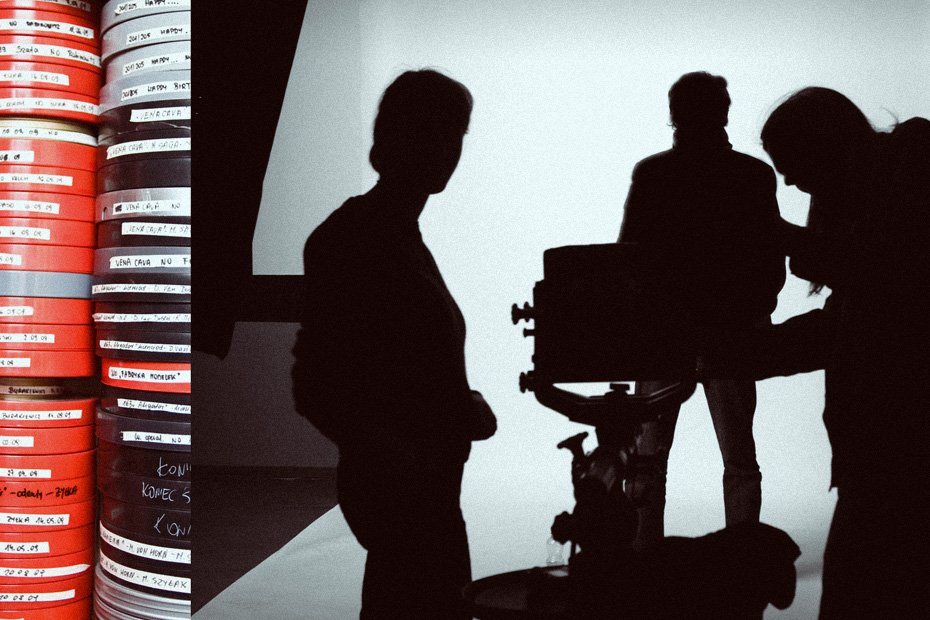
From its early beginnings the school had two distinct departments: film direction and cinematography. Initially the curriculum was limited to simple group productions, but soon films directed by individuals started to become the norm, all filmed using 35mm industry-standard cameras. Among the first batch of students were Andrzej Munk and Andrzej Wajda, the latter scooping an honorary Oscar in 2000 for his career achievements in film. In an era dominated by Big-Brother-is-Watching-style paranoia the school became a haven for the avant-garde, and the small screening rooms would regularly pack out not just with students, but the rank and file proles looking to enjoy the latest European cinema. It was in this liberal climate that the school also proved to be the first place in Poland to host jazz jam sessions, officially outlawed by the communist authorities.
The Wajda generation would go on to shape Polish film with a series of edgy films taking a heavy influence from the Italian neo-realists. The films produced in the late 1950s were in direct opposition to official guidelines, and films like Wajda’s Ashes and Diamonds used screen talents like Zbyszek Cybulski, a charismatic, hot-wire actor often labelled 'The Polish James Dean.' Roman Polański entered the school in 1954, and four years later propelled the school to international fame when he won an award at Expo 58 (The 1958 Brussels World's Fair) for his film Two Men and a Cupboard. Alas the golden years soon proved to be numbered.
The late 1960s saw several anti-Zionist actions launched by the government, and as a result the school lost several of its rising stars in the Jewish exodus that followed – including rector Jerzy Toeplitz, who would later become the co-founder of Australia’s first film school. The film school soon regained its balance however, and has since produced luminaries such as Krzysztof Kieślowski, cameraman Slawomir Idziak and Krzysztof Zanussi.
Though the school itself isn't open to tourists, visiting film buffs have two primary points of interest: firstly the Łódź Film Museum, and secondly the Łódź Walk of Fame - a collection of star shaped plaques right outside the Grand Hotel on Piotrkowska honouring the greatest talents in Polish cinema.
Famous Alumni
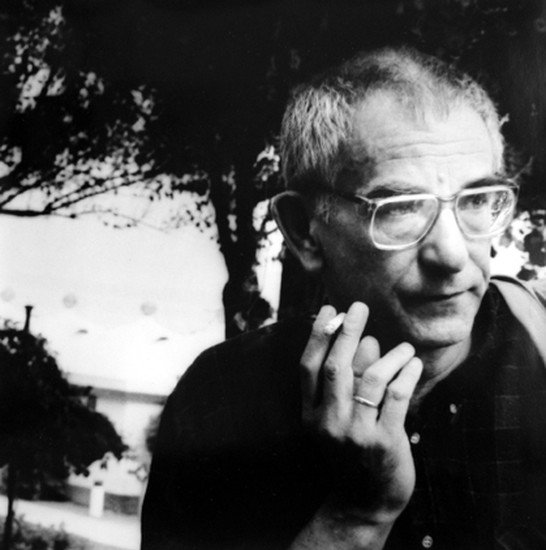
cinematography geek's list of best directors!
Krzysztof Kieślowski
Rejected twice by the Łódź Film School, Krzysztof Kieślowski finally landed a spot on his third attempt and spent his tenure from 1964-1968 focused on documentary filmmaking. Much of his work tended to focus on everyday life in Poland and the lives of average citizens, including Workers ’71, which featured workers talking about the mass strikes of 1970. Yet fictional filmmaking, which he transitioned to in the mid-1970s, is what made his name. Personnel, his first feature film, earned him a top prize at the Mannheim Film Festival, and he followed up with movies like The Scar, Camera Buff, Blind Chance and The Decalogue. However, his biggest success came with the Three Colours trilogy, a series of French/Polish films released in 1993 and 1994 that Kieślowski directed and co-wrote. The trilogy netted Kieslowski heaps of recognition, including multiple Academy Award nominations and a Palme d’Or nomination at the Cannes Film Festival. Kieślowski died in 1996 and is buried in Warsaw’s famed Powązki Cemetery.Roman Polański
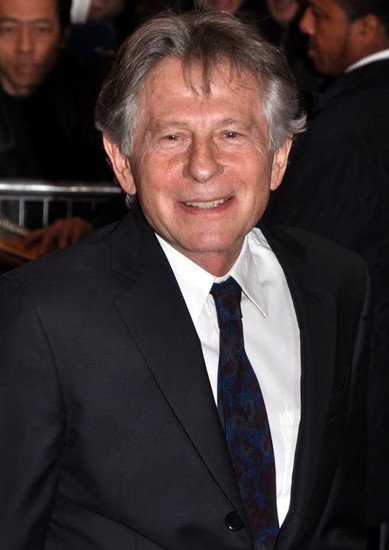
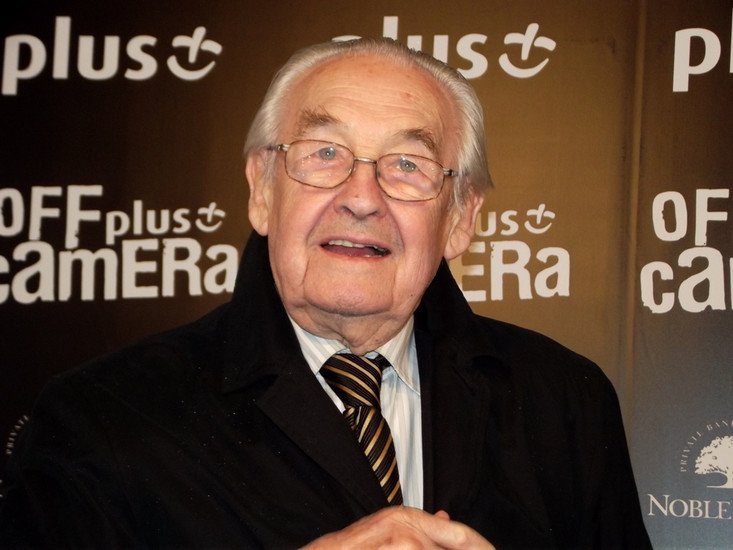


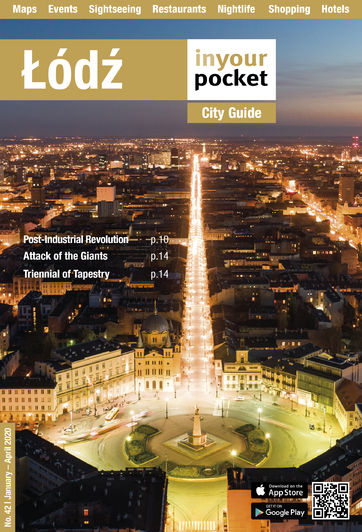
Comments